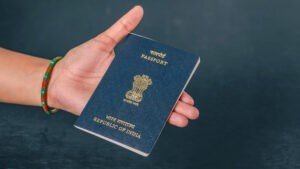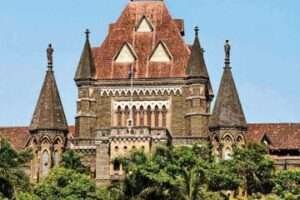Being A Court Of Record, High Court Can Review Its Own Judgments Under Article 226 Of the Constitution
Case: Pottakalathil Ramakrishnan v. Thahsildar, Tirur and Others
Coram: Chief Justice Mr.S.Manikumar & Mr. Justice Shaji P.Chaly
Case No: WA NO. 1513 OF 2020
Court Observation: “Discussion of facts made above would make it clear that while rendering the impugned judgment, learned single Judge was under the impression that the entire facts and circumstances were placed by the appellant before the writ court, which only persuaded the learned single Judge to direct the respondent to accept the basic tax from the appellant. However, when a review petition was filed by the respondents in W.P.(C)No.32652 of 2014, the learned single Judge realized that there was material suppression on the part of the appellant while filing the writ petition.
It was accordingly, the learned single Judge reviewed the judgment dated 12.10.2018 in W.P.(C) No.32652/2014, holding that the learned single Judge had the power to review the judgment resorting to Article 226 of the Constitution of India apart from other powers since the High Court is a court of record as is adumbrated in Article 215 of the Constitution of India which is an all-inclusive power including the power to review a Judgment of its own if circumstances so warrant.”
“Though various contentions were raised by the appellant to substantiate that there is no power to review the judgment passed in a writ petition, we are unable to accept the same, for the reason that it is well settled proposition in law that being a Court of record, the High Court is vested with powers to proceed under Article 226 of the Constitution of India itself and review a judgment, if it is found that there was material suppression, and the Court was not right in granting a verdict in favour of the writ petitioner due to suppression of material facts. The learned single Judge has elaborately considered the issues raised by the appellant, by relying upon the propositions of law laid down by the Hon’ble Supreme Court in its various judgments and had arrived at the right conclusion to review the Judgment.”
“The honesty, fairness, purity of mind, and approaching the writ court with clean hands should be of the highest order and is a sine qua non to maintain a writ petition and secure orders, failing which the litigant should be shown the exit door at the earliest point of time. Moreover, suppression is a factor quite strange and alien, and an antithesis to rule of law and fundamental governance of the of the citizens in the legal system and the courts of law, and if that is allowed to happen, it would ruin the basic tenets of the democratic system and the rule of law prevailing in this country.”
[doc id=5624]
Previous Posts
IBC – Approval Of Resolution Plan Does Not By Itself Discharge Liabilities Of Personal Guarantor Of Corporate Debtor: Supreme Court Download Judgement




